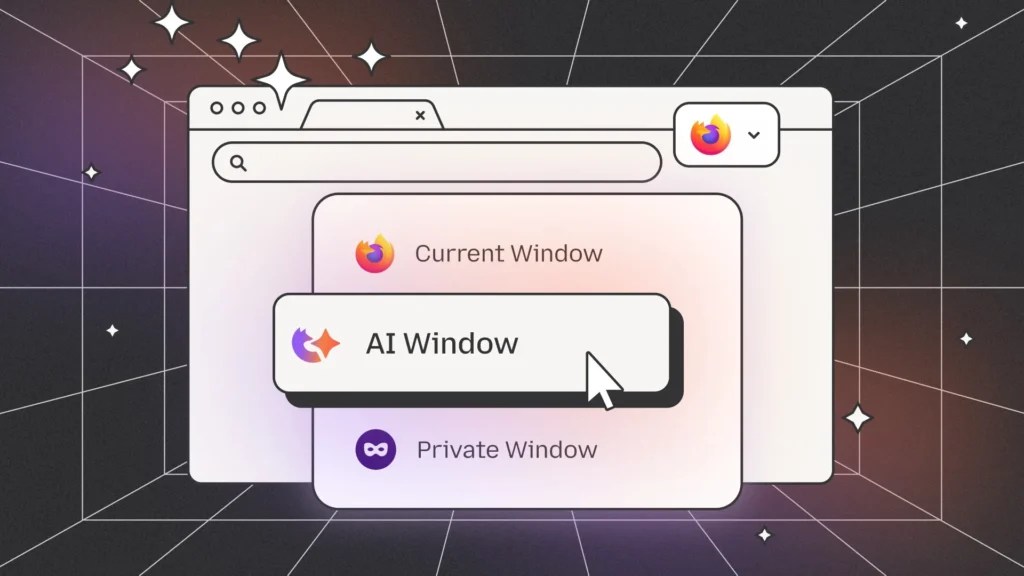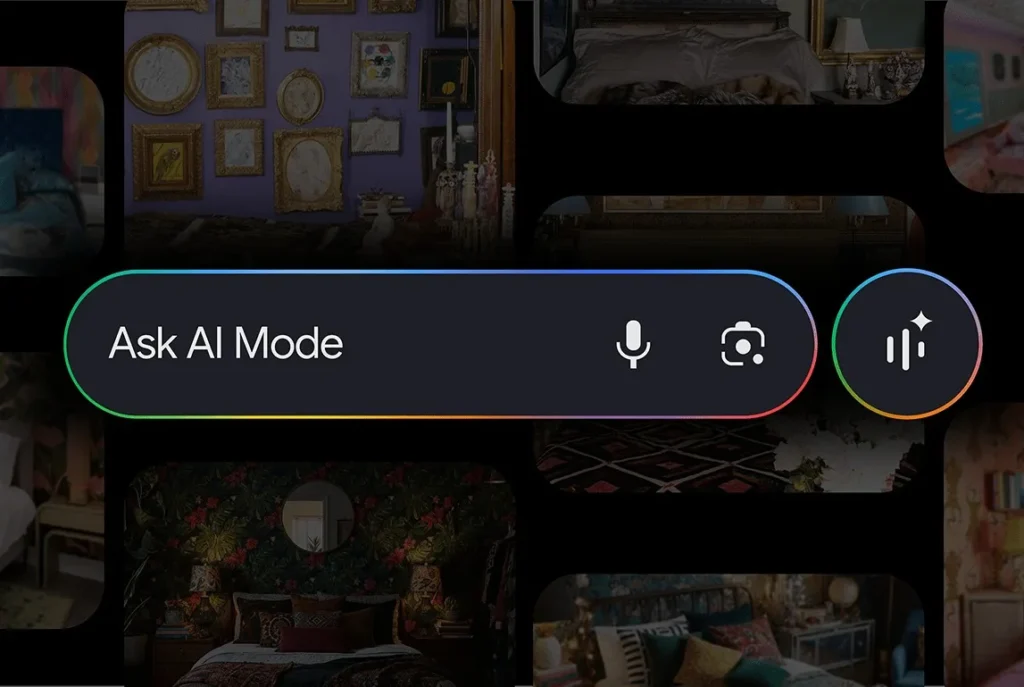Firefox prepares ‘AI Window’, its AI-powered navigation mode
Mozilla is continuing its shift towards artificial intelligence (AI), despite resistance from a segment of its long-standing users. After several minor integrations—such as local translation, chatbots in the sidebar, page summaries, and AI options in the context menu—Firefox is now aiming higher with ‘AI Window’, a new browsing experience designed to be the most intelligent and personalized space ever offered in Firefox.
Unsurprisingly, the announcement has generated divided opinions.
‘AI Window’, An AI-dedicated Browsing Mode
According to Mozilla, ‘AI Window’ will appear as a standalone space in Firefox, adjacent to the standard and private windows. The concept is to provide an interface where users can interact with an integrated AI assistant capable of helping with navigation, searches, summaries, comparisons, and more—essentially a homegrown equivalent of ChatGPT Atlas or Perplexity’s Comet browser.
Unlike Chrome or Opera, AI Window will be completely optional: Mozilla emphasizes user control, assuring users that AI will not intrude upon the standard browsing experience.
Why Is Mozilla Pushing for AI?
Because everyone else is doing it—Google, OpenAI, Perplexity, Opera, and more. Browsers are evolving into full conversational assistants that can sometimes interact with web pages. Mozilla doesn’t want to fall behind in a rapidly changing sector.
The company sees this as a way to make browsing smoother, less fragmented, and more productive. However, many view this as a trend towards browsers dictating what users should read.
Technical Ambitions… But Also Glaring Issues
Firefox has already introduced several recent AI features:
- Local translation via NMT model
- Sidebar chatbot
- Page summary by shaking on iPhone
- Perplexity added as a search engine
- Auto organization of tab groups (which caused CPU overheating and battery drain for some users)
These updates have led to significant backlash within the Firefox community, which is already skeptical of generative AI, viewing it as intrusive, inaccurate, and possibly harmful.
Critics: AI Poses a Threat to the Web Mozilla Aims to Protect
Several arguments are repeatedly raised by users and developers:
- Navigation AIs bypass websites: Autonomous browsing avoids search engines and advertisements. However, ads fund most sites; if nobody visits the web, it could perish.
- Technology is still unstable and prone to hallucinations: Web assistants can disregard instructions, misinterpret pages, or fall victim to prompt injections.
- A contradiction to Mozilla’s philosophy: The argument “the web is changing, and avoiding it won’t help” used by Mozilla resembles the rhetoric of the AI giants that Firefox claims to oppose.
- Enabled by default = betrayal for some: Several current features (context menu, tab grouping) appeared automatically activated, despite protests.
Thus, Mozilla walks a fine line: integrating AI to remain competitive without betraying users who choose Firefox specifically to avoid such features.
AI Window: An Ambitious Yet Risky Endeavor
Currently, there is no release date, no official demo—just a sign-up for a waitlist and a promise that users will be able to choose their AI model (OpenAI? Anthropic? Local? Unclear).
However, this strategic choice could be perilous. Excessive AI integration could alienate purists, while insufficient AI could lead to a lack of interest compared to Chrome, Edge, Opera, and Perplexity. Mozilla seems to be attempting to please both sides… and may end up disappointing both.
What about you? Would you prefer a browser with an integrated AI mode? Are you excited about it, or completely opposed?




